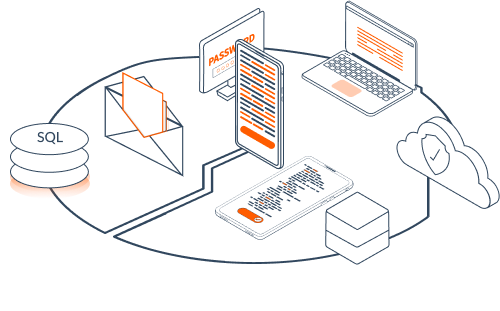Application programming interfaces (APIs) are widely used today, for numerous purposes - booking flights, checking the weather, ordering rides and food online, making payments, and whatnot. Since APIs provide an access point to websites and applications with sensitive data, they’ve become a top target for attackers. Like other software, APIs too have errors, bugs, and vulnerabilities and if an attacker finds and exploits them, they can cause widespread harm.
This is why API security is important. Application programming interface security testing helps do that by detecting and eliminating bugs, vulnerabilities, and other errors in your API. This keeps your data and business safe.





































 310 reviews on
310 reviews on 



























